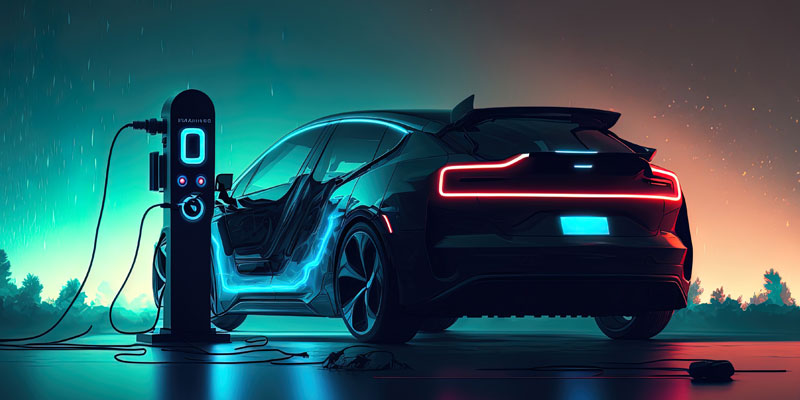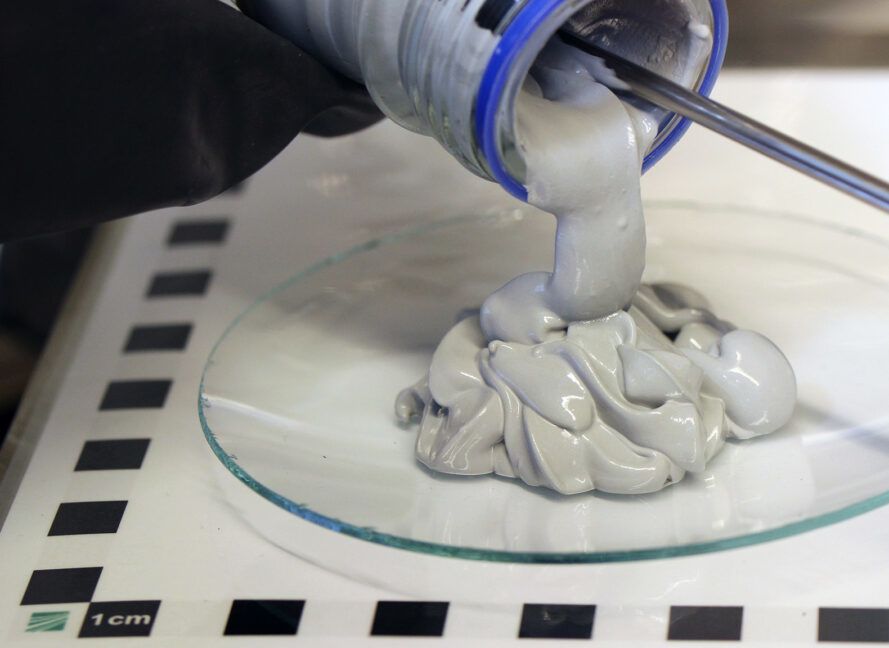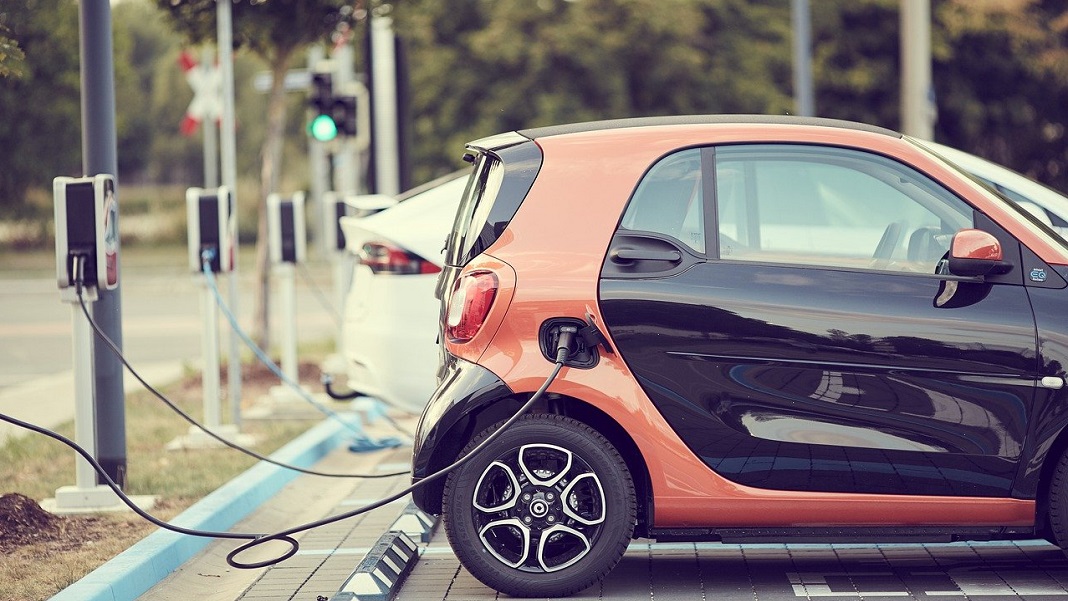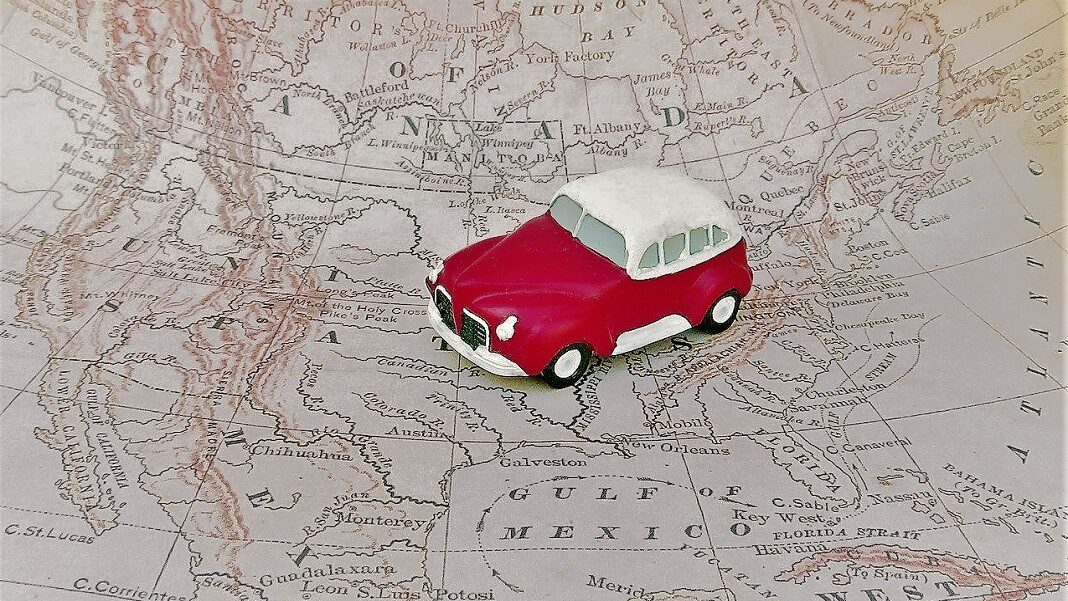
In the first quarter of 2024 there were more sales of electric and plug-in hybrids (which combine a petrol engine with a battery) than in the whole of 2020.

Singapore declares war on all new diesel car and taxi sales from 2025. The ban follows a global trend that has a growing number of countries pledging to ban fossil-fuel car sales in five to 10 years.

German researchers have created POWERPASTE, a hydrogen fuel paste that could one day be used to fuel vehicles. The product is created from a magnesium base and would be stored in vehicles in the form of a cartridge.

Israeli startup StoreDot announced it had manufactured the first batteries that can be charged in just five minutes. They replace the graphite electrode in lithium-ion batteries with one made of semiconductor nanoparticles.

Massachusetts state administrators note that cars are major contributors to carbon pollution, and any plan to achieve net-zero emissions must include the eradication of fossil fuel-powered automobiles.

The futuristic transport concept involves pods inside vacuum tubes carrying passengers at high speeds. Virgin Hyperloop is not the only firm developing the concept but nobody has carried passengers before.

Norwegian company Zeabuz has announced that it will be launching a self-driving ferry next year. The launch of the first self-driving electric ferry in Norway just goes to show the strides the country is making in developing water transport.

As part of its post-coronavirus recovery plan, Italy announced earlier this summer that it would offer a hefty subsidy to anyone wanting to buy a bicycle.

California, U.S. has passed a landmark rule requiring all truck manufacturers to sell more electric trucks starting in 2024. This rule comes amid efforts to reverse climate change’s effects in America.

Chinese company CATL says it has new battery technology that lasts up to 2 million kilometers and 16 years—and it’s ready to manufacture the batteries on demand. The battery could power a car for 50 trips around the world.

A U.S. company sends the largest zero-emissions airplane yet on its first flight. These electric commercial aircraft will enable the offering of flying services of people and packages in a way previously not possible.

Over half a mile in length, the avenue ‘Electric Avenue, W9’ in Westminster has been turned into an electric vehicle charging haven with lampposts acting as charging points.

Electric cars absolutely do produce less CO2 than gas guzzlers, a new study has confirmed - countering claims that carbon emissions from the manufacture of electric cars and the production of electricity outweighed the savings on the road.

What do we actually need? What is the least that will do the job? What is enough? A better world is possible" using the technology that we have had all our lives – the bike, the bus, the elevator.

From the perspective of passengers, the main features of a world-class public transport system would include frequent, reliable and affordable services; a single ticketing system, new low-emission vehicles; and high-quality waiting facilities.